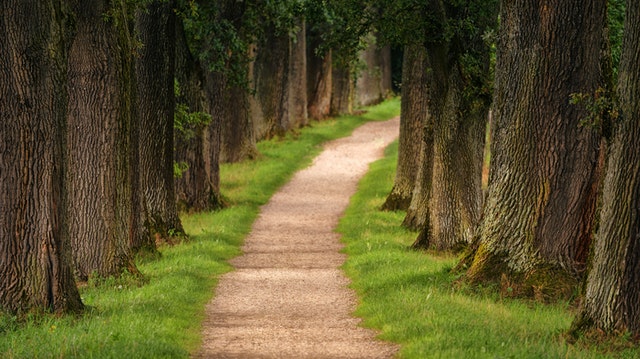Games & Play
Scroll through these cards for a few ideas to get you started...
There are all sorts of ways you can have fun exploring maths with your child in everyday life. Whenever your child uses maths in activities or play, explain that they’re using maths. This helps them to realise how much we all use maths every day.
On this page we've listed just a few ideas to get you thinking about numbers with your children. Some ideas that work almost anywhere include:
Cooking. Measure ingredients and set the timer together. Get your child to work out how much more food you will need if extra people are coming for dinner.
When you are sharing food like pizza or cake, ask your child to help you share it equally between the number of people eating.
Solve problems at home. For example, ask your child how many apples to buy at the shop and why, or how long it will take you to get to Gran’s house if you go to the library on the way.

Go on a shape hunt. How many circles, squares, rectangles or triangles can your child find? Are they 2D or 3D? Try getting them to look for patterns and symmetry.
Ask your child to give you directions to a local landmark or an important place. Get them to work out how long each stage of the journey takes.
Use sticks for shape challenges – for instance, how many triangles can they make with 9 sticks?
Explore the local area. Ask your child to guess how many buildings are on the street, how far it is to the nearest river, or how many dogs and cats live in your town. Ask for the reasons behind their answers.

At the shops, ask your child to estimate how much 3 or 4 items will cost together.

Give your child small amounts of pocket money. For example, you might give them 50p a week and ask them what they think they can buy with it – or, if they want to save for something bigger, how long it will take to reach their goal.

Talk about the items you buy. Ask your child which are more expensive, which are cheaper, which are heavier, which are lighter etc.

Explore quantities by asking your child to think about how many different ways they can make £1. For example, how many 10p coins do you need to make £1?

When you buy something, get your child to hand you the correct money and check the change with them afterwards.

Talk about how we get paid to do work or explain the other places that money comes from. You can also talk about this in relation to their own money, whether gifts or pocket money.

Ask your child about the numbers or maths in any story they read or TV programme they watch. For instance, you could talk about how fast the cars are going on Top Gear, the scores on Strictly Come Dancing, or how many years ago events on history programmes took place.
Lots of books present opportunities to talk about maths. You could try some of these: